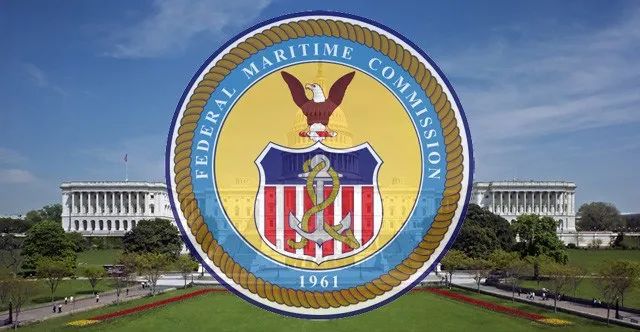NEWS & BLOG
Views: 11 Author: Site Editor Publish Time: 2022-06-20 Origin: Site
U.S. local time on June 16, U.S. President Joe Biden officially signed the Ocean Shipping Reform Act of 2022, which means that the bill has become law, marking the first major reform of U.S. container trade regulations in 24 years.
The bill aims to ease current bottlenecks in the U.S. maritime supply chain, while meeting the import and export needs of the country's businesses and reducing the cost of shipping exported goods.
Biden said the new law is one of the U.S. government's initiatives to curb inflation. According to the New York Post, the U.S. inflation rate reached 8.6 percent in May, a 40-year high, and the U.S. is facing the worst inflation in the last 40 years.
On June 13, the U.S. House of Representatives passed the Maritime Transportation Reform Act by a vote of 369 to 42.

It is understood that the Maritime Transportation Reform Act adds the following new provisions for carriers and terminal operators, specifically:
- Shifting the burden of proof regarding the reasonableness of D&D from shippers to liner companies.
- Prohibiting liner companies from unreasonably reducing U.S. export capacity and slots, as determined by the Federal Maritime Commission (FMC) in the new regulations.
- Requiring liner companies to report to the FMC, on a quarterly basis, the total tonnage and TEUs imported and exported by each vessel calling at U.S. ports.
- Prohibits "retaliation" against shippers or the threat of refusal to accept cargo.
The signing of the Ocean Shipping Reform Act of 2022 also means that liner companies will face stricter regulations in the United States.
The bill expands the FMC's investigative powers to address "unfair business practices" by carriers and terminal operators, a move supported by a large number of U.S. trade associations, including the National Industrial Transportation League, the American Agricultural Transportation League, the American Association of Port Authorities, the National Retail Federation, the American Cargo Association and the Port Cargo Associations.
Since the outbreak of Newcastle pneumonia, U.S. exporters have been generally dissatisfied with carriers, arguing that carriers prefer to ship empty containers from the U.S. back to Asia as soon as possible because of higher freight rates on routes from Asia to the U.S., which infringes on the interests of U.S. exporters.
Some U.S. agricultural exporters have previously complained that they missed out on billions of dollars in revenue in 2021 because a container was hard to come by.
FMC Chairman Daniel Maffei said, "The changes brought about by the new legislation will benefit U.S. shippers, and we will quickly take the necessary steps to bring the benefits of this legislation to shippers, starting with the development of rules for export shipments."
With this legislation, the U.S. hopes to ensure that liner companies will no longer ship empty containers directly back to Asia, but will instead give priority to transporting U.S. export commodities.
Although the U.S. believes that this reform is intended to create a more level playing field for both U.S. importers and exporters and carriers, both in a competitive environment, the World Shipping Council (WSC) has previously said that this reform by the U.S. government will tilt the market in favor of U.S. shippers, and that if the U.S. government is to step in, it must ensure that all parties enjoy a fair share of rights.
At the same time, WSC took issue with Biden's recent comments - blaming U.S. inflation, high consumer costs and supply chain tensions on a lack of competition among liner companies. "We are alarmed by the U.S. government's continued mischaracterization of the container shipping industry."
WSC believes that carriers should not be solely responsible for the supply chain bottlenecks currently facing the United States.
Just recently, the FMC released the final report of its investigation into the impact of the New Crown Pneumonia outbreak on the U.S. supply chain. Among them, the issue of "monopolization of the market by liner companies and arbitrary charges" is the focus of attention.
The investigation report mentioned that although high freight rates helped liner companies win record results, the investigation found that the unusually strong consumer demand in the United States and the supply chain congestion caused by the epidemic were the reasons for the soaring freight rates, and not due to the lack of competition in the container shipping market.